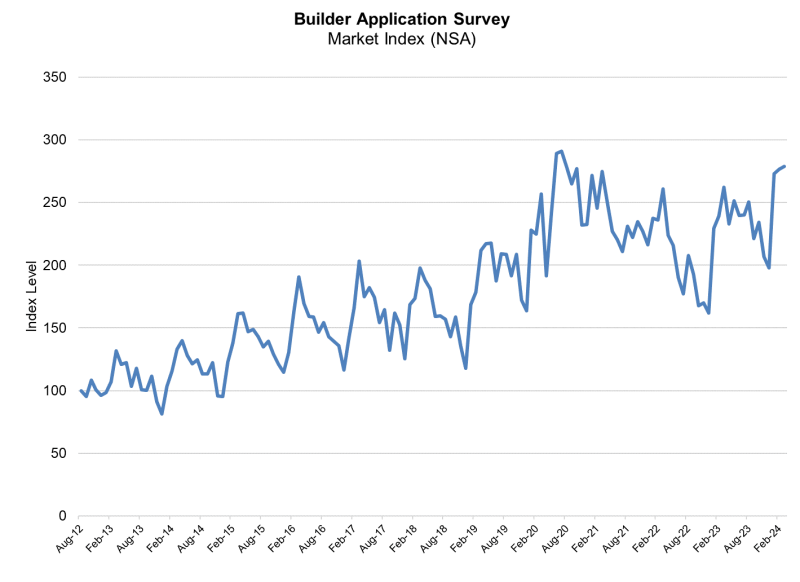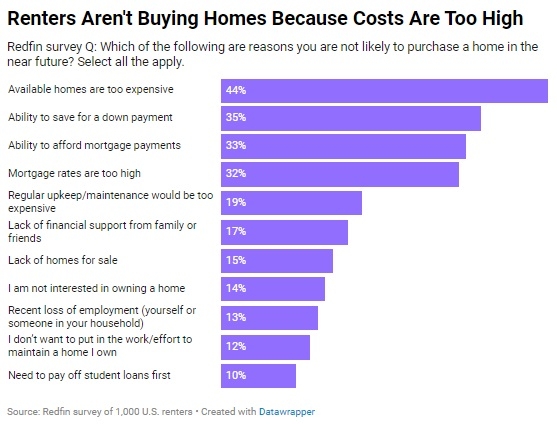GAO Recommends IRS/HUD Oversight of the Housing Credit Program

The U.S. Government Accountability Office (GAO) has released its report on federal oversight of the Low Income Housing Tax Credit program, which concludes that there are deficiencies in the Internal Revenue Service’s (IRS) oversight of the program and recommends that Congress consider designating HUD as a joint administrator of the program. The GAO finds IRS oversight of HFAs and the program in general to be minimal, citing the limited number of audits IRS has conducted of HFAs and Housing Credit investors over the life of the program. Without regular monitoring, GAO contends that IRS is unable to determine the extent to which HFAs comply with program requirements. It also criticizes IRS for not regularly reviewing state Qualified Allocation Plans (QAP), not setting goals or assessing the program’s performance, and for having inadequate and unreliable program data.
GAO maintains that the Housing Credit program is not central to IRS’s mission and therefore not a priority of the agency. Conversely, it notes that HUD, as the federal government’s lead housing agency experienced in administering affordable housing programs, could address some of the oversight challenges the report identifies. However, GAO concedes that HUD would require additional staff and other resources should Congress transfer to it Housing Credit oversight responsibilities.
GAO provided NCSHA with a draft of the report in May for our comments but prohibited us from divulging the report’s contents or sharing the report with others. NCSHA argued vigorously in our comments against GAO’s suggestion of joint administration, proposing instead that Congress provide increased resources to IRS if it believes its program oversight is deficient.
NCSHA asserted that HUD has virtually no expertise in or experience with the Housing Credit and suffers from its own severe resource constraints. We described the strong partnership HFAs have with IRS and disagreed with GAO’s assertions regarding IRS’s purported lack of prioritization of the Credit and the absence of federally set goals for the program. We argued that introducing HUD as a co-administrator of the Housing Credit would unnecessarily create a new level of bureaucracy that could reduce program effectiveness, slow down the production process, and cause uncertainty for private sector investors and developers who are so integral to the Credit’s success.
IRS, Treasury, and HUD also provided comments to GAO on the report. IRS told GAO that its review of hundreds of audits found no widespread compliance problems in the Housing Credit program. Based on that review, IRS determined that isolated noncompliance did not warrant shifting resources away from other compliance efforts. IRS agreed with GAO’s recommendation that it address weaknesses in data entry and programming controls to ensure more reliable data collection but noted that resource constraints have affected IRS’s ability to improve its database and implement other improvements in its procedures and controls.
Treasury agreed with GAO that it would be useful for HUD to receive ongoing responsibility for and the resources to perform research and analysis on the effectiveness of the Housing Credit in increasing the availability of affordable rental housing, but asserted that responsibility for interpreting and enforcing the Internal Revenue Code should remain with IRS. Treasury stated that research and analysis by HUD might address whether HFAs’ allocations of Housing Credits address fair housing concerns and meet other congressional goals.
HUD supported considering whether enhanced interagency coordination on housing policy, including the Housing Credit, might help ensure that the Credit aligns with federal housing goals, such as creating affordable housing in areas of high opportunity and fueling reinvestment in high poverty communities. HUD’s comment also notes that, “[W]ithout additional resources appropriated by Congress, no agency assigned this responsibility will have sufficient capacity to provide oversight, review QAPs, conduct in-depth research on LIHTC, or collect or analyze tenant-level data.”
NCSHA’s, IRS’s, Treasury’s, and HUD’s comments are all included in the final report.
This report is the first in what will be a series of three GAO reports on the Housing Credit, which it will publish between now and next spring. The second report will focus on state administration of the Credit, and the third will consider development costs and the role of syndicators. GAO is conducting its study of the Credit at the request of Senate Judiciary Chairman and Finance Committee member Charles Grassley (R-IA).
Grassley released a statement summarizing the first report and stating that, “[T]his report confirms what we’ve seen again and again. The federal government is good at giving out money and tax breaks and terrible at checking on results. No one at the IRS or HUD seems to have any way of knowing whether a multi-billion-dollar program for low-income housing has worked as intended. This doesn’t bring accountability, and it may or may not deliver affordable housing for people in need. The agencies need to step up their oversight for the sake of low-income people who need housing and the taxpayers who deserve accountability.”





